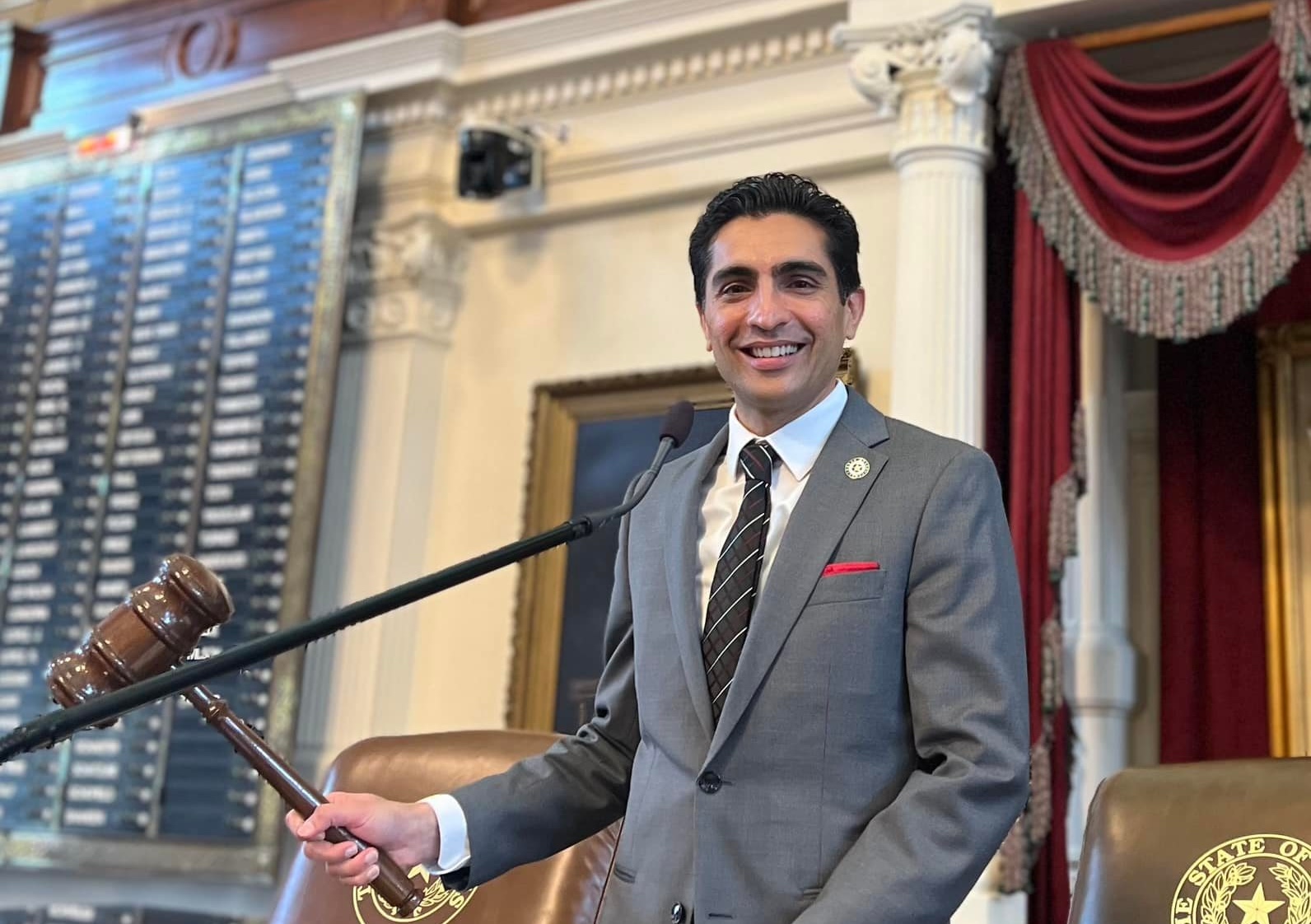Few political documents are as troubling as the Constitution of the United States. Unlike every other founding document in history, the Constitution rejects the notion of centralized power. It exists to limit the government it describes. It defines not a powerful leader, but a system of checks against powerful leaders.
Most frustrating is its embrace of that uniquely Judeo-Christian philosophy of “now, but not yet.” We find it in the preamble, the idea of creating a “more perfect Union” – an idea that has continued forward in our government for more than 230 years.
“More perfect”? It is the kind of language only a rabbi or pastor can love.
“Now, but not yet” runs like a river through the pages of Scripture. That thought was driven home recently while reading the Book of Judges. This is the period after Joshua when the people of Israel have entered the Promised Land. All of the Book of Joshua, and the first few chapters of Judges, are about conquering the land given to them by God.
The land was theirs “now,” except they still had to conquer it. But it was theirs. But not yet.
Jesus proclaimed the arrival of the Kingdom of God. He gives eternal life, though we must for now still pass death’s gloomy portal. We are given new life, even in this life.
All right now, but not yet.
Our Founding Fathers understood this. My own ancestor, Benjamin Rush, was a strident opponent of slavery yet he approved of a Constitution which allowed the institution to continue. He believed the Constitution’s “more perfect Union” would lead to America being free of slavery.
The godless left sees inadequacies and wants to toss out the Constitution. They impugn the creation of imperfect men who, wildly familiar with their own imperfections, wanted nonetheless to create something that would lead where they were unable to go.
Moses himself was unable to enter the Promised Land, yet he strove to prepare his people to do so. Similarly, our Founding Fathers envisioned a better system of government than had ever existed, and they gave us the tools to build it.
As a self-governing people, our job is not to curse the surrounding darkness but to build a better and brighter light for the future. And we must be about the business of doing that now.





